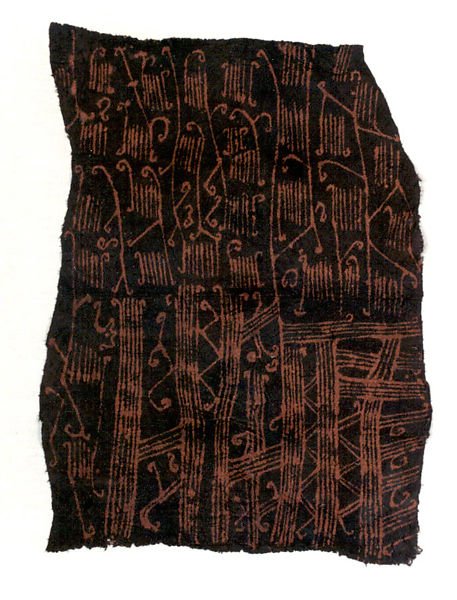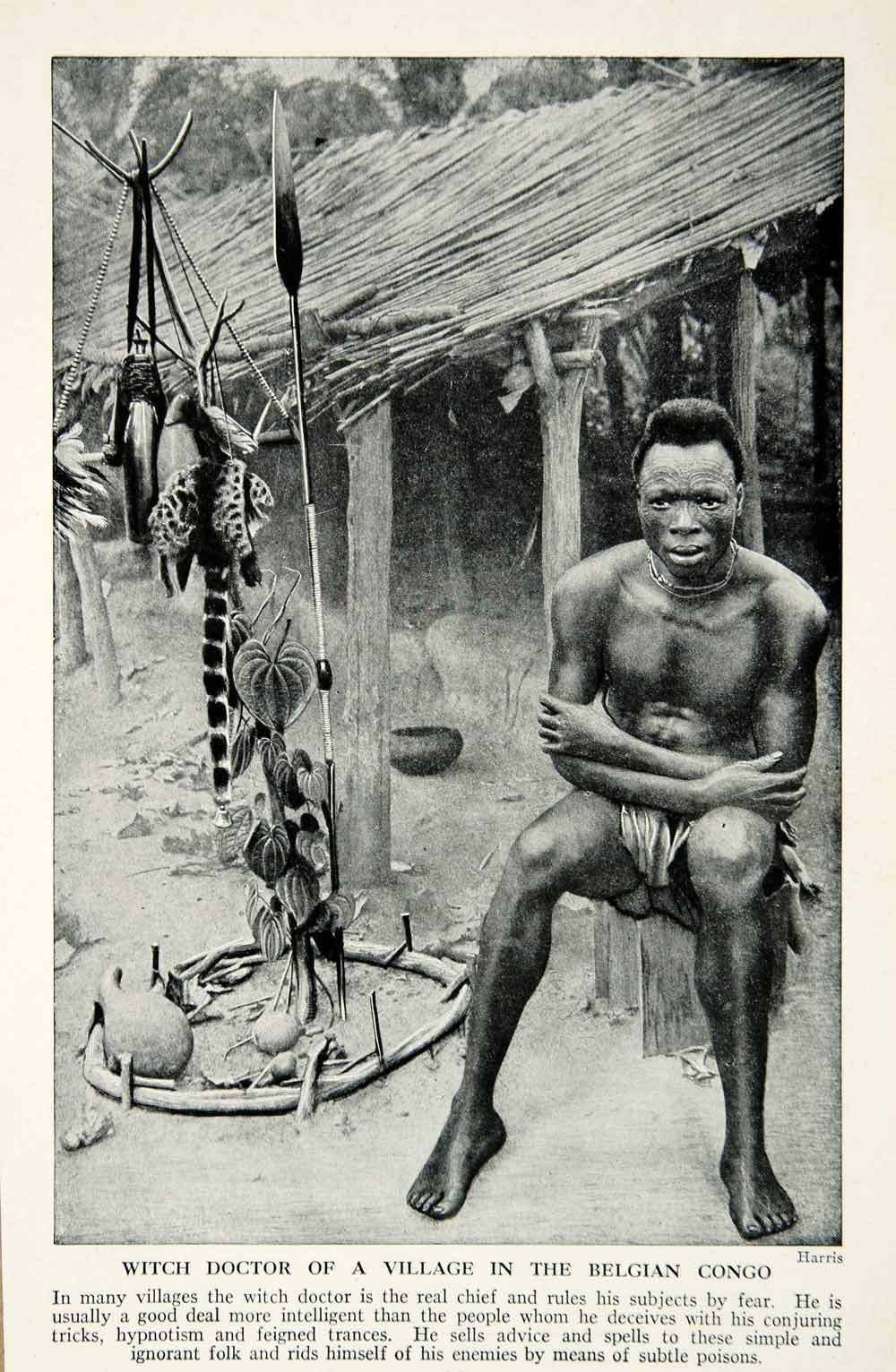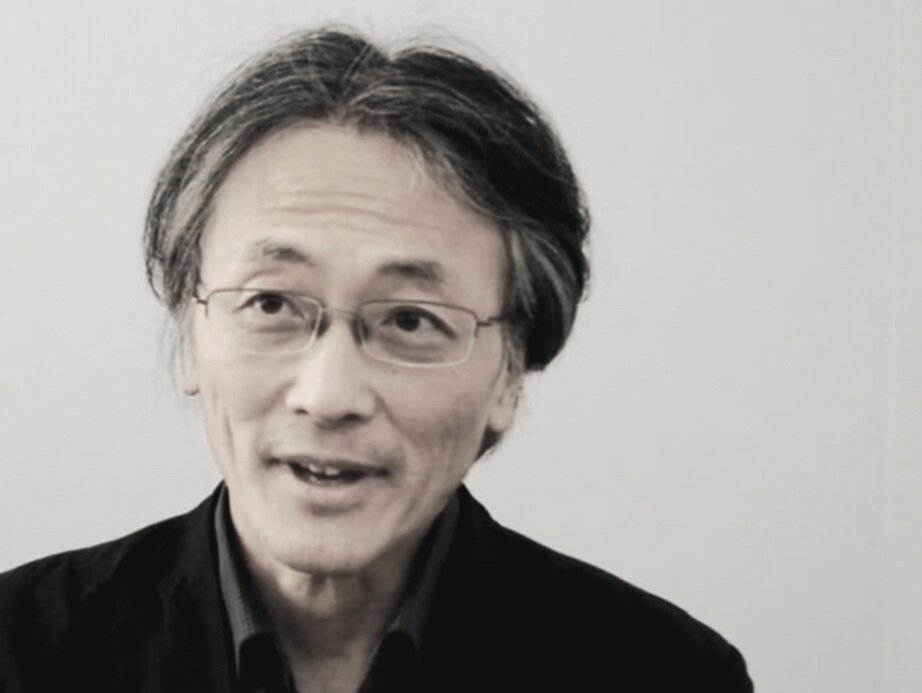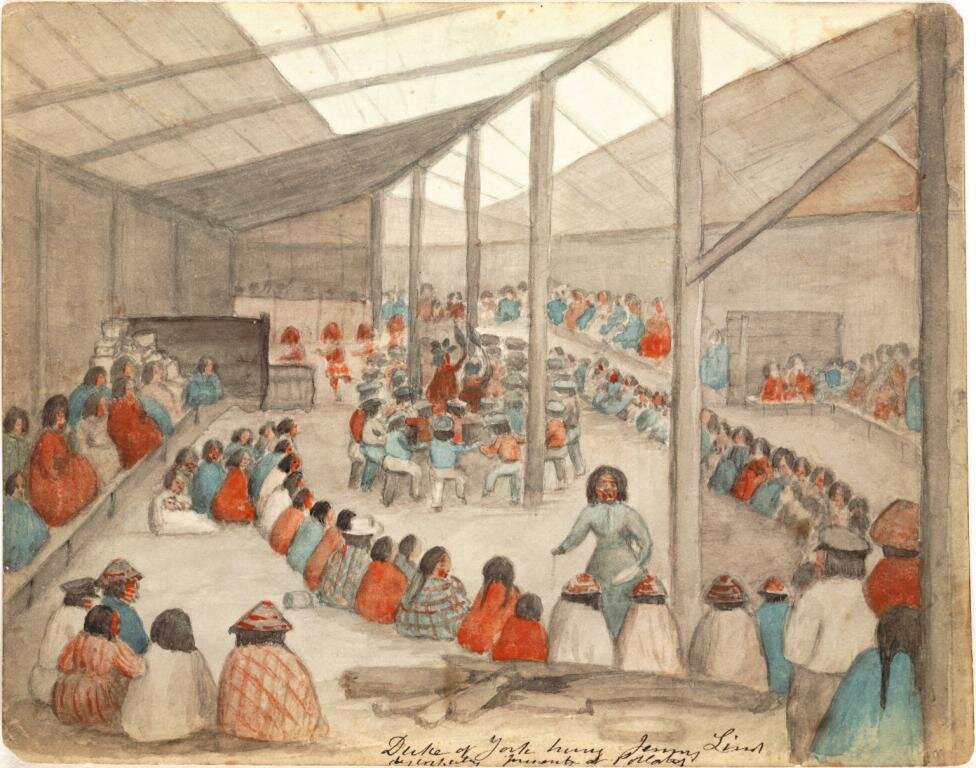

Countering Power
The “living worlds“ that I have envisioned must not to be made by seeking power but, rather, they must be made by countering power.
But what is power and how is it countered? And how do those processes “pivotal” to the making of living worlds contribute to countering power?

Pivotal Processes
The previous dispatch examined the fifteen processes (or “structure preserving transformations”) that the architect Christopher Alexander found to be pivotal to the deconstruction of deathly worlds and the (re-)construction of living worlds.
In considering the specific kinds of living worlds that I would (re-)construct, I have found that, while all fifteen of these processes have their place in my worlds, some are more pivotal to my worlds than others. The most pivotal processes to my worlds are the processes of (i) NOT-SEPARATENESS, (ii) DEEP INTERLOCK AND AMBIGUITY, (iii) ROUGHNESS, and (iv) SIMPLICITY AND INNER CALM.

Living Worlds
A living world respects the unity of life and its sufferings and it maintains and multiplies the wholeness of life.
A deathly world dismembers and dissects life and its sufferings and it maintains and multiplies the parts that it plucks from life, without respect for the wholeness of life.
The architect Christopher Alexander has proposed that the fundamental characteristic of a living world is that it is composed of “strong centers” or, to use an alternative term much more to my liking, Alexander has proposed that a living world is composed of “strong foci”. These strong foci are themselves, in turn, composed by and through processes that Alexander calls “structure preserving transformations”, of which Alexander finds there are fifteen.

Beyond Disciplines
Many, if not most, inter-disciplinary and trans-disciplinary projects take the existence of so many organs without bodies for granted and try to construct “complex systems” from these various separate organs. These projects do not recognize that the organs they take for granted were parted from bodies that preceded and exceeded them. These projects do not recognize that these bodies may survive and suffer the organs that have been parted from them. Ay, and these projects do not recognize that these surviving and suffering bodies deserve far greater attention than the organs that have been parted from them.

World-Making
The artist makes sensations in a given world. The philosopher makes conceptions of a given world. The scientist makes predictions about a given world.
But neither the artist, nor the philosopher, nor the scientist can be said to make a world — for the making of a world precedes, exceeds, and succeeds the making of sensations, conceptions, and predictions.

Sha Xin Wei
This week’s dispatch features an interview with Sha Xin Wei.
Taking a great deal of inspiration from the everyday practices that have sustained and nurtured experimental theatre troupes, Xin Wei’s work is about more than doing art, philosophy, and science; it is also about making worlds that condition different ways of doing art, philosophy, and science.

Overturning Humanism
Having found that humanism serves as an apology for white supremacy, capitalism, and colonialism, I constructed the framework of “neoprimitivism” as an antidote to humanism.

Decolonization
I would like to explore the hypotheses that (i) decolonization as antidote to a nationalist imperialism means promoting bioregionalisms, (ii) decolonization as an antidote to a capitalist imperialism means promoting communisms, and (iii) decolonization as an antidote to a careerist imperialism means promoting dilettantisms.

Nadia Chaney
An interview with Nadia Chaney about the Time Zone Research Lab, an experiment in the art of “learning without grasping” that is “radical in its approach but gentle in its application.”

Abolition
The industrialized world, as I have come to regard it, is a world constructed on the hypothesis that machines can replace slaves or, rather more precisely, that new machine slaves could be gradually made to replace the human slaves of old, and that a “temporary” and “voluntary” sort of human slavery, wage slavery, may suffice in the interim between the old human driven order and the new machine driven order.

Radical Everydayness
My favorite Sherlock Holmes story by Sir Arthur Conan Doyle has long been “A Case of Identity”, published as the third story in The Adventures of Sherlock Holmes in 1892. Curious as it may seem, the titular case of identity upon which the story turns is not what makes it my favorite Sherlock Holmes story. Rather, what makes the story my favorite is the brief philosophical dialogue between Holmes and Watson that frames the titular case. This extremely brief philosophical dialogue is, in my humble opinion, one of the most profound philosophical dialogues ever written.